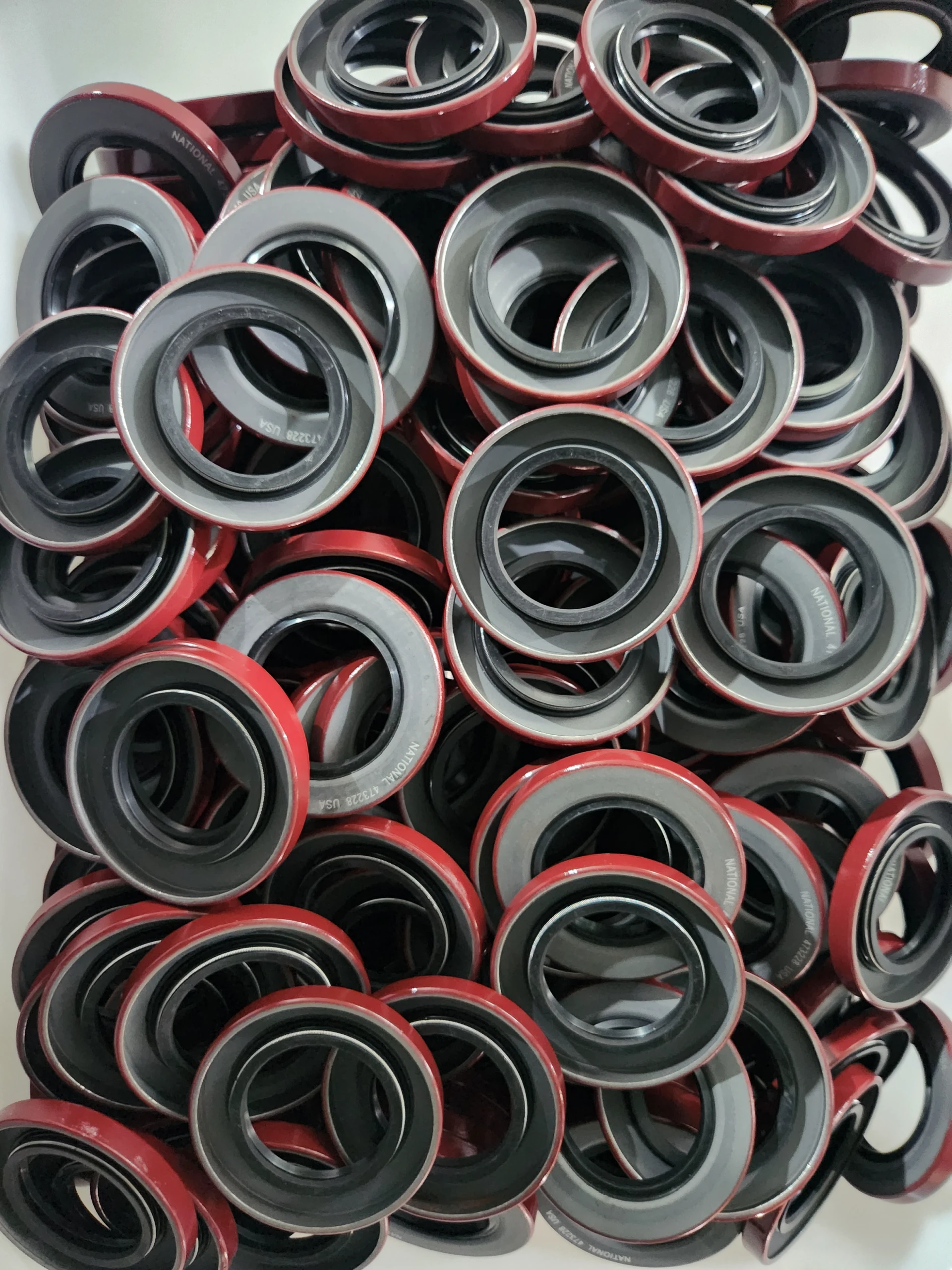10 月 . 05, 2024 19:23 Back to list
round rubber gaskets seals
Exploring Round Rubber Gaskets and Seals Importance and Applications
Round rubber gaskets and seals play a crucial role in various industries, serving as essential components for ensuring the integrity of machinery and equipment. These versatile products are designed to prevent leaks, reduce vibration, and provide a reliable seal between two surfaces. This article delves into the importance, materials, manufacturing processes, and applications of round rubber gaskets and seals.
Understanding Round Rubber Gaskets and Seals
At its core, a gasket is a mechanical seal that fills the space between two or more mating surfaces. Round rubber gaskets are specifically circular in shape, making them ideal for use in applications where circular components are involved, such as pipes, flanges, and tanks. Rubber seals, on the other hand, are commonly used in conjunction with moving parts to prevent fluid leakage and contamination.
These gaskets and seals function by compensating for surface irregularities and providing a barrier against fluids and gases. Made from various types of rubber, including silicone, neoprene, EPDM (ethylene propylene diene monomer), and nitrile rubber, they are chosen based on the specific needs of an application, including temperature resistance, chemical compatibility, and hardness.
Importance of Round Rubber Gaskets and Seals
The significance of round rubber gaskets and seals cannot be overstated. In many industrial and mechanical applications, even the slightest leak can lead to catastrophic failures, costly downtime, and safety hazards. Here are some key reasons why these components are vital
1. Leak Prevention Gaskets and seals are designed to prevent leaks of fluids and gases, which is essential for maintaining the performance and safety of equipment. They ensure that pressure is maintained within systems, whether in hydraulic machinery, engines, or plumbing systems.
2. Vibration Dampening Many industrial machines generate significant vibrations during operation, which can lead to wear and tear on components. Gaskets and seals help dampen these vibrations, prolonging the lifespan of equipment and enhancing overall performance.
3. Temperature Regulation Certain gaskets are designed to withstand extreme temperatures, thereby protecting sensitive components from thermal damage. This is especially important in automotive and aerospace applications, where temperature fluctuations are common.
4. Chemical Resistance In industries such as chemical manufacturing and oil and gas, gaskets must resist aggressive fluids and gases. Selecting the right material is crucial to prevent degradation and ensure long service life.
Materials Used in Round Rubber Gaskets and Seals
The selection of material for round rubber gaskets and seals is critical. Different materials offer varying benefits
- Nitrile Rubber Known for its excellent resistance to oils, fuels, and fats, nitrile rubber is commonly used in automotive applications.
- EPDM This synthetic rubber excels in outdoor applications, providing resistance to ozone, UV rays, and weather conditions, making it ideal for roofing and automotive weather seals.
- Silicone Silicone gaskets are favored for their high-temperature resistance and flexibility, making them suitable for food processing and medical applications.
round rubber gaskets seals

- Neoprene With good resistance to oil and water, neoprene is versatile and often used in refrigeration and automotive industries.
Manufacturing Processes
The production of round rubber gaskets and seals generally involves several steps
1. Material Selection Choosing the appropriate rubber material based on the application requirements.
2. Design and Prototyping Utilizing CAD software to create design specifications and prototypes to ensure accuracy.
3. Molding The primary method for producing rubber gaskets is molding, where rubber is shaped into desired forms using heat and pressure.
4. Finishing After molding, the gaskets undergo finishing processes such as trimming, surface treatment, and inspection.
5. Quality Control Rigorous testing ensures that the gaskets and seals meet industry standards and performance specifications.
Applications Across Industries
Round rubber gaskets and seals find applications across a multitude of industries
- Automotive From engine components to fuel systems, rubber gaskets are critical for preventing leaks and ensuring optimal performance.
- Aerospace Seals are essential in aircraft engines and fuel systems, providing safety and reliability.
- Manufacturing Used in machinery, valves, and pumps, they help maintain operational efficiency and safety.
- HVAC Gaskets seal the connections between ducts and equipment, improving energy efficiency and comfort.
In conclusion, round rubber gaskets and seals are indispensable components that significantly impact the functionality and reliability of various systems and equipment across diverse industries. Their ability to prevent leaks, dampen vibrations, and resist extreme conditions underscores their importance in maintaining operational integrity and safety. Investing in high-quality gaskets and seals is essential for any business that relies on machinery and equipment, making them a critical consideration in the design and maintenance of industrial systems.